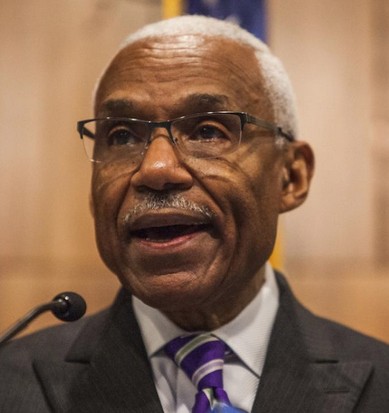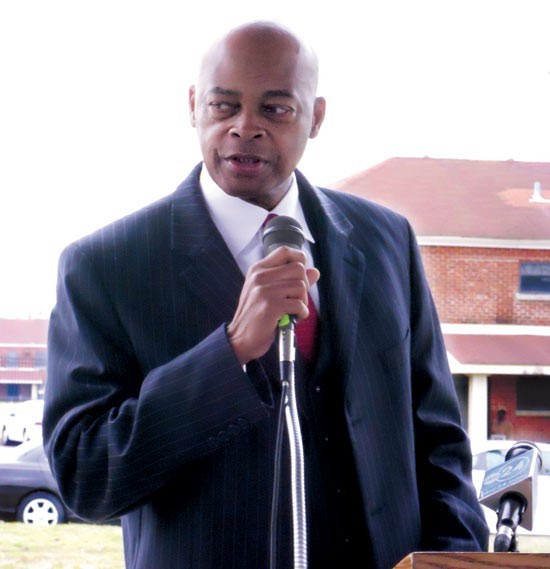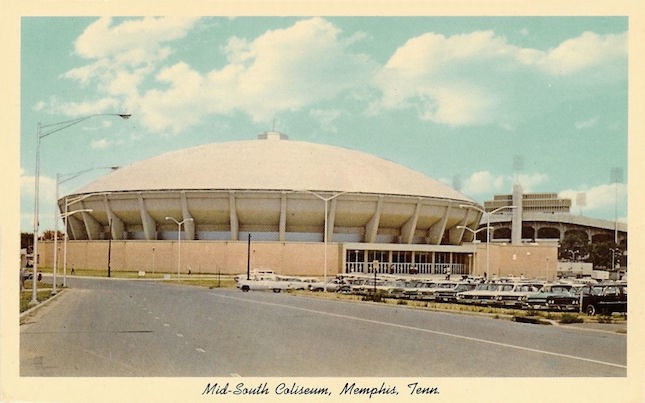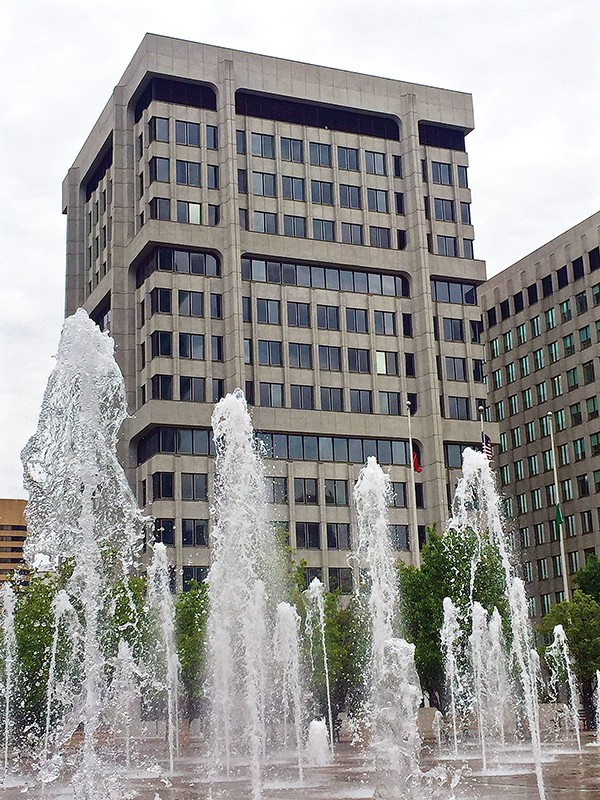Though Mayor A C Wharton insists that a whole matrix of development projects midwifed by the now former city Housing & Community Development Director Robert Lipscomb will go forward without “missing a beat,” the likelihood is that several of them, notably the controversial proposed Fairgrounds TDZ, could be in serious jeopardy.
And that may be just the beginning of the complications resulting from the surprise announcement by Wharton on Monday that Lipscomb had been relieved of his city duties. The mayor’s action came as a result of accusations by a Seattle man of as yet undisclosed sexual offenses committed against him by Lipscomb years ago, at a time when the accuser was a minor.
Technically, that was a suspension. Lipscomb has subsequently resigned from his city position, effective immediately, however, and termination of his parallel job as executive director of the Memphis Housing Authority seemed inevitable.
What gave the accusations unusual weight was the fact that Wharton had acted after dispatching a sizeable blue-ribbon delegation, headed by Police Director Toney Armstrong, to investigate the Seattle complaint.
Although rumors about Lipscomb’s sexual orientation had been rife in City Hall circles for years, the de facto city planning czar had benefited from today’s relaxed social climate about such matters and had hardly been so much as inconvenienced. Nor had his unmatched power to influence members of the Memphis City Council, stemming from his ability to swing city, state, and federal funding toward this or that district project.
All that is now presumably over with, as is Lipscomb’s concurrent clout in Nashville, where the state Building Commission has yet to rule on the Fairgrounds project, already under attack at home by advocates of preserving the Mid-South Coliseum and by others concerned about the project’s expense.
Ironically, given the astonishing rapidity of Lipscomb’s fall, no criminal action has yet been taken against Lipscomb, in Seattle or elsewhere; much less has he been found guilty of misdeeds, illegal or otherwise. Lipscomb has called the accusations against him false, though he acknowledges having sent the Seattle man “blackmail” money over the years.
Ominously for Lipscomb, however, a follow-up statement by Mayor Wharton referred to the receipt by his office of additional accusations of “inappropriate sexual advances” on Lipscomb’s part by “numerous individuals” — a reminder of the echo effect seen in the case of multiplying rape accusations against entertainer Bill Cosby.
Just as Lipscomb has yet to be judged, it is much too early to appraise the mayor’s precipitate action in relieving Lipscomb. Clearly, Wharton had to be mindful of the impact of a brewing scandal on his current reelection effort. But at this point only he, Armstrong, and a few others are in full possession of the facts of the Lipscomb case, and the mayor’s actions have to be taken at face value.
Difficult as it is to suspend judgment in the matters at hand, we the public have no reasonable alternative. It is not too early, however, to see that, wholly independent of what may or may not happen in the current election, an existing component of the order of things at City Hall has been shattered beyond recall.

 Toby Sells
Toby Sells 





 Greg Cravens
Greg Cravens  Toby Sells
Toby Sells